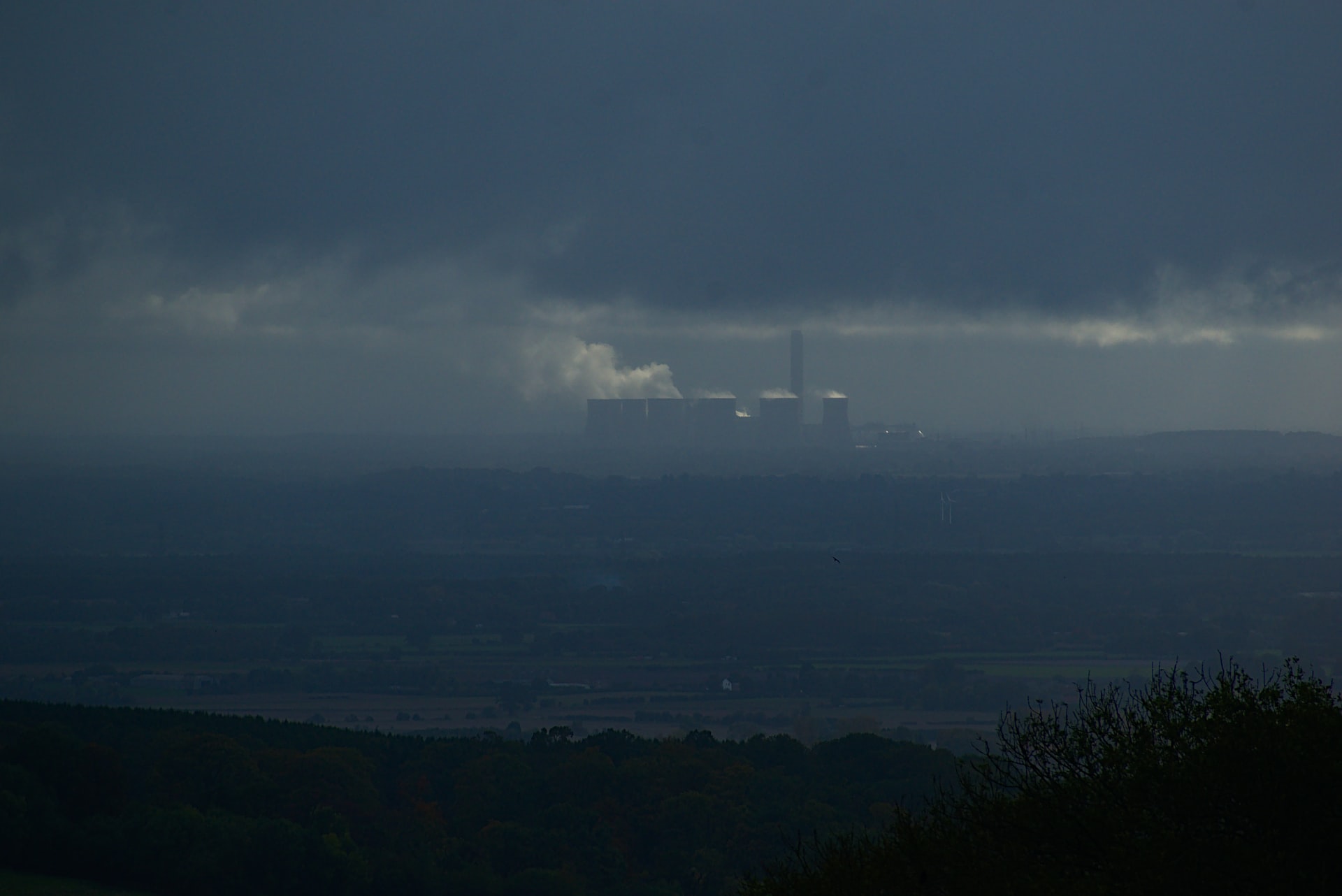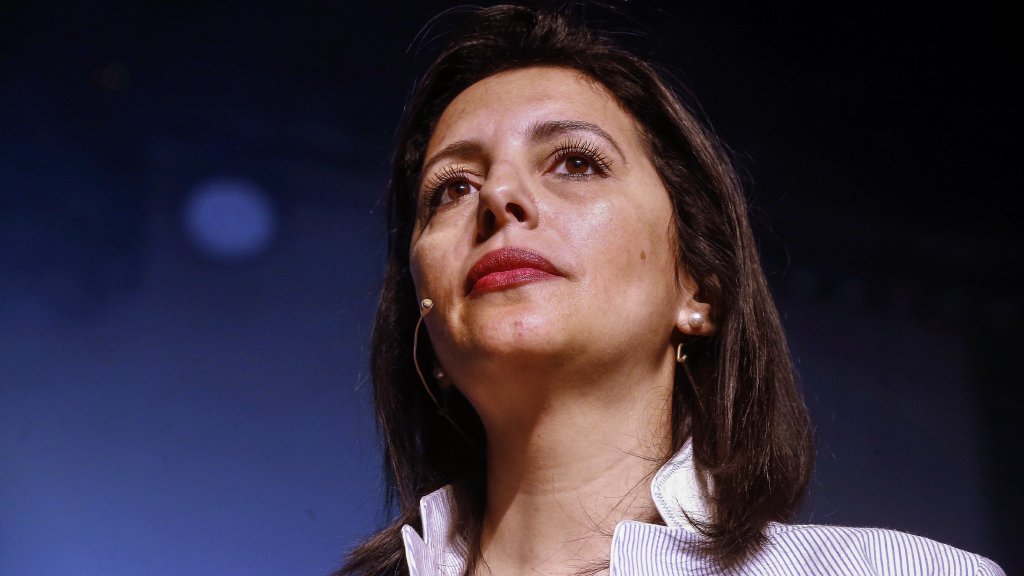Belgian officials and civil society representatives present in Glasgow for the just ended UN Climate Change Conference, COP26, may have had differing views on the meeting’s outcome, but they all stressed the importance of concrete follow-up action if global warming targets are to be met Belga News Agency reports.
“There is a lot to say about the agreement, disappointments, but also significant reasons for satisfaction,” Federal Climate Minister Zakia Khattabi said on Saturday evening following the approval of the Glasgow Climate Pact by the nearly 200 delegations attending the summit. “It’s up to us to make the best of the different elements of the agreement,” she said.
For Minister Khattabi, the fact that the 1.5°C target set in the 2015 Paris Agreement has been confirmed and that the final components of the so-called Paris Agreement Rulebook for collaboration at the international level have been fixed are reasons for satisfaction.
“These rules, fixed after six years of discussion, will help to guarantee the transparency and responsibility of the parties, thereby contributing to greater reciprocal confidence in the process,” she stressed.
She also welcomed the fact that the Pact referred to a fair transition and that it recognized the importance of the integrity of all ecosystems, as well as the importance of the roles played by indigenous people, the youth, women, and civil society in general.
"This agreement is imperfect. It’s a compromise between 197 States. But it contains the foundation for more ambitious policies,” Minister Khattabi said. “It is now up to all regions and all States to assume their responsibilities.
“For my part, I choose to look to the future and make the best of it for more ambition and concrete action in the interest of everyone, today and tomorrow, here and elsewhere,” she stressed.

For the Coalition Climate, made up of over 80 Belgian civil society organisations, the final agreement, while “far from perfect,” paves the way for speeding up the fight against the climate crisis. “The hope of limiting global warming to 1.5°C hasn’t disappeared, but much greater progress is needed,” the Coalition stressed, calling on authorities to “take real action.”
“We are relieved to see that States’ commitments can finally be counted in years and no longer in decades,” Coalition Climat commented. “After long years of lethargy, we can finally hope to see a concrete springboard for increasing global ambition.”
While deploring what it described as the “double image” of Belgium, “which demonstrated disunity” at COP26, the civil society umbrella noted that “the Belgian delegation played a constructive role in the negotiations and Belgium signed a number of important declarations.”
“However, the absence of an agreement between Belgians on the division of climate efforts continues to hamper Belgium’s credibility,” it said, adding: “We are now waiting for quick, concrete action at all levels, with a bold and fair climate policy that leaves no-one out.”
Related News
- COP26 Glasgow: Success or failure?
- COP 26: 'A step in the right direction, but work is far from done' says EU
Glasgow’s outcome was a disappointment for Ecolo’s co-president, Rajae Maouane. Even though a step forward was made and the 1.5 degree target was confirmed, the agreement’s concrete measures are not enough to stop global warming, she said.
She noted that it was “disappointing that, at the very last minute, it was not possible to bridge the gap between the target of limiting global warming to 1.5 degrees and measures needed to achieve that, since countries dependent on fossil fuels criticized the accord to the very end.”
The pact's ambition level was thus lowered at the last minute, Minister Maouane said, in an evident reference to the changing of the final declaration’s wording on coal use - from phasing “out” to phasing “down.” That change was made abruptly at the COP26 final plenary after an objection from India.
“This latest development shows once more that the rich countries need to increase climate finance and maintain ambition and pressure at a high level,” Ms. Maouane said.
“The gap between stated intentions and responses from the international community is still too wide,” she stressed. “The notion of climate emergency has not yet been sufficiently grasped in terms of its consequences and the speed of the ongoing transformations.”

